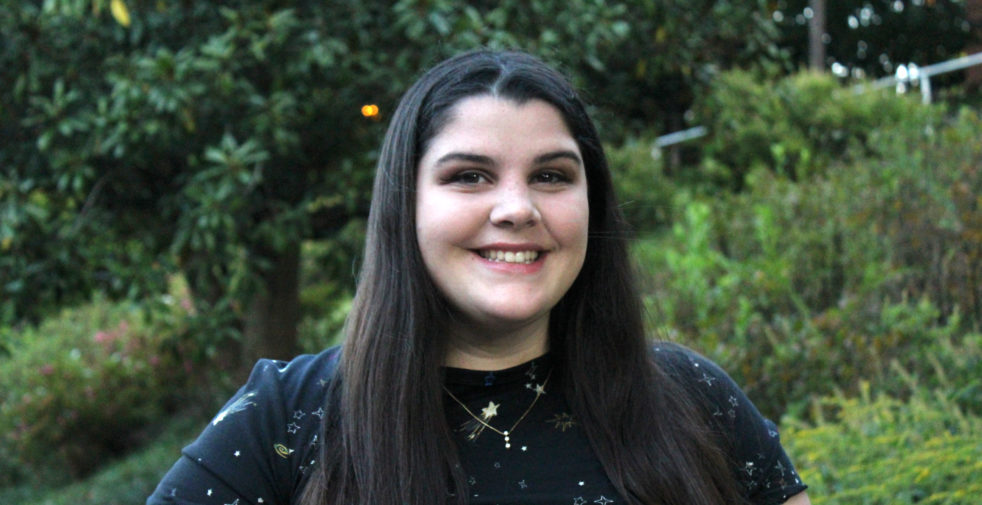What does it mean to be Southern? I first found myself grappling with this question in the summer of 2017 when I took a class during a summer program called “Growing up in the New South.”
For the first 13 years of my life, I lived in Athens, Georgia, which is a blue speck in a sea of red. I attended a Montessori school where the main lessons in the curriculum focused on teaching students the proper way to recycle and how to “nature walk” so as to not disturb the animals around us while we walked in the woods.
The most country I ever experienced growing up in Clarke County was during Sunday afternoons at Cracker Barrel, where my mother indulged in their (back then, their only) Sunday chicken dish and watched “Here Comes Honey Boo Boo.”
In eighth grade I moved to Barrow county. The city of Winder was definitely more Southern than Athens, and it was clear I was different than my peers. I didn’t go to church regularly, I didn’t listen to country music and I had never heard of deer jerky, which seemed like a common delicacy in the lunchboxes of my classmates.
For a long time, I felt like I was seen as an outcast due to my failure at assimilating into their way of life. Because of this, I grew to resent the Southern culture that seemingly couldn’t accept my tie dyed shirts and socially liberal views. Thus, at the beginning of the New South class when I was asked if I considered myself to be Southern, I vehemently denied any connection between myself and the redneck stereotype I felt was representative of the South.
Throughout the course, we studied many facets of Southern culture including food, music, dialect and the controversial Confederate flag, which was displayed on our own state’s flag until 2001.
When it came to the food, I reveled in descriptions of meals consisting of biscuits, fried meats, gravy, banana pudding and sweet tea.
Although I didn’t identify with the country music, the beats of the Dirty South hip hop movement led by Outkast, Bubbasparxxx and other Atlanta based artists reminded me of rides in my older brother’s Acura with the windows rolled down.
As for dialect, there was no denying that “y’all’s” frequently plague my slight southern drawl.
When considering the “heritage” of the South, I always felt that a lack of pride for Southern history disqualified me from being considered a true Southerner.
I didn’t want to belong to a history that denied the Civil War was fought over slavery.
I didn’t want to share an identity with the same people that flew the stars and bars next to the stars and stripes.
But, I found myself feeling hypocritical when we read articles on the history of Stone Mountain, a place my family has been known to visit on the Fourth of July, as the site of the KKK’s revival. I felt like I had been caught in a web of accidental confederate celebration.
When the course came to an end, I was faced with the same question: did I consider myself to be Southern? As someone who had gone in denying that there was any “southerness” about me but found comfort in essential elements of Southern culture, I was conflicted.
Even though my generation is growing up in the New South, which allegedly ditches the ideas of the Confederacy, there are still influences associated with the Old South that are passed down through familial lines.
I have ultimately decided that the Southern identity means different things for different people. For some, it’s a pride in a flag that represents a defeated state and outdated social systems. For others like myself, being Southern looks like big backyards and family reunions. It tastes like boiled peanuts on road trips and chicken biscuits for breakfast. It sounds like the cicadas screeching on summer nights and the occasional roar of the bullfrog that gets stuck in the pool skimmer.
To me, being Southern is, most importantly, about believing in a better South (a phrase courtesy of the “The Bitter Southerner”) and working towards more statehoods committed to confronting their past and discontinuing their harmful legacies.
This South would have a new focus on the hospitality, complex diversity and beauty of the Southern people and the vast lands they inhabit.
